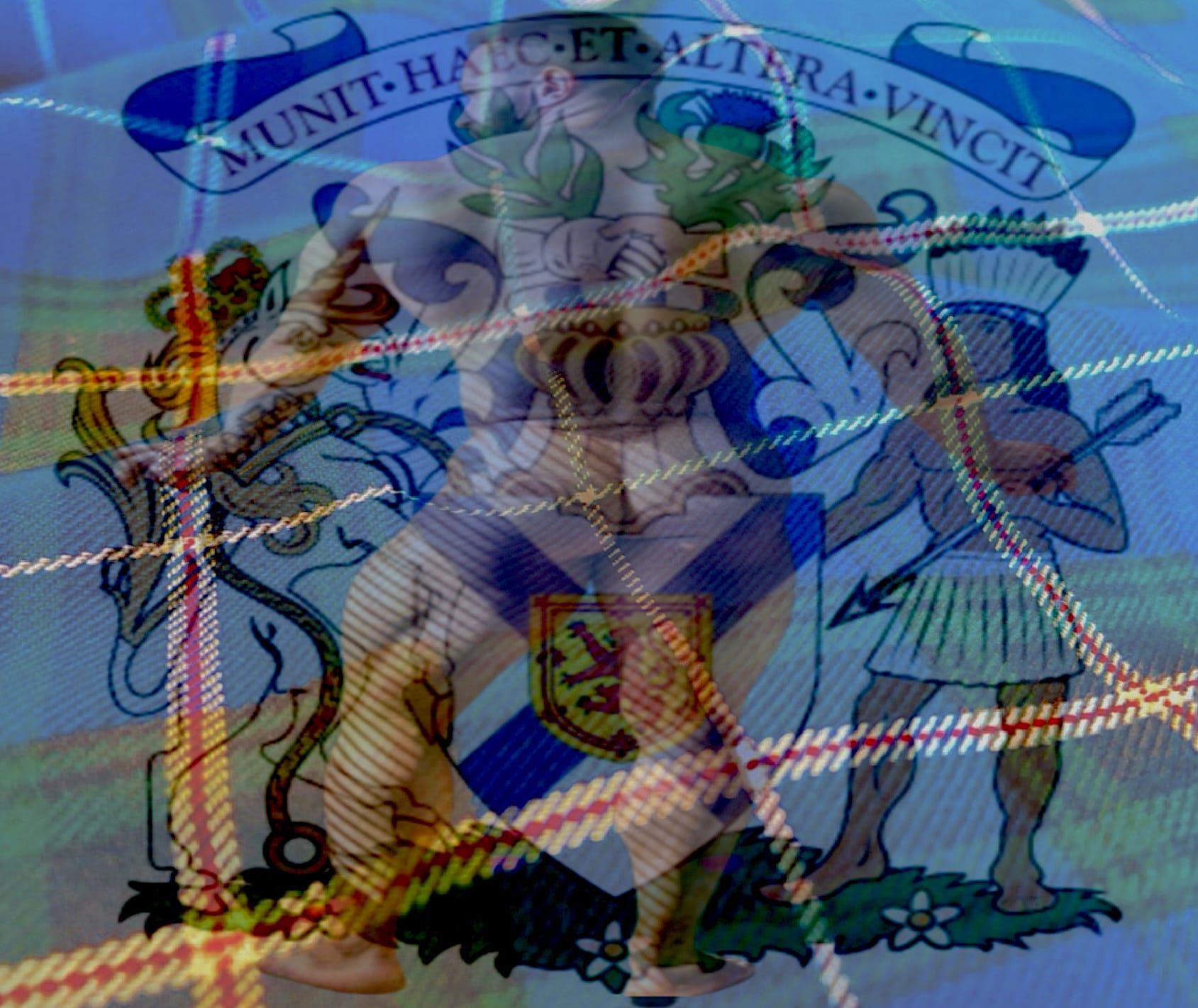Need for change in the Halifax centric francophobic politics
Premier Tim Houston's leadership all part of a Halifax-centric governance model that threatens the survival of founding French Acadian culture.


The Halifax-Centric Governance of Premier Tim Houston
Premier Tim Houston's leadership of Nova Scotia is increasingly seen as part of a Halifax-centric governance model that threatens the survival of the province's founding French Acadian culture. Many Acadians feel marginalized, living in socio-cultural and socio-economic ghettos like Claregyle, where their rich heritage is at risk of assimilation. This perception is exacerbated by Houston's apparent indifference to their plight and the provincial government's failure to address these concerns adequately.

Repeated attempts to engage with the Premier’s office on issues concerning the French Acadian community have been met with silence or dismissal. This pattern of rebuffing has left many Acadians feeling voiceless and ignored, further entrenching their sense of isolation. The provincial government's neglect, combined with systemic biases, underscores the urgent need for policy changes that genuinely recognize and support the diverse cultural fabric of Nova Scotia.
Media Complicity: The Role of CTV Atlantic
The media landscape, particularly Anglo-centric Bell Media-owned CTV Atlantic, plays a significant role in the marginalization of French Acadian culture. CTV Atlantic’s programming rarely acknowledges Acadian heritage, except for a token nod on August 15th, National Acadian Day. This lack of representation in mainstream media contributes to the cultural erasure and diminishes the visibility of the Acadian community. A community that is as Insular as Halifax-centric media and universities; hence the contingency fee lawsuit pending on the Honkies.

The media’s neglect parallels the provincial government's indifference, creating a compounded effect that deepens the sense of alienation among Acadians. This media blackout is not just a benign oversight; it actively undermines the cultural vitality of the French Acadian community by denying them a platform to celebrate and share their heritage. The result is a narrative dominated by Halifax-centric interests that overlook the rich diversity of Nova Scotia.
Token Politicians: The Role of FANE and FéCANE
Within this context of marginalization, the roles of French Acadian political organizations like the Fédération acadienne de la Nouvelle-Écosse (FANE) and the Conseil Scolaire Acadien Provincial (FéCANE) are scrutinized. Critics argue that these organizations, led by so-called “token Frenchie” politicians, are more interested in maintaining their positions and securing paychecks and pensions than genuinely advocating for the Acadian community.

These politicians often operate within a framework that serves the Halifax-centric status quo rather than challenging it. Their lack of effective advocacy has left many Acadians disillusioned with their leadership, feeling that their cultural and socio-economic concerns must be adequately addressed. This perceived betrayal by their representatives adds another layer of frustration and disenchantment within the community.

Social Media and AI: A New Front for Advocacy
In response to these systemic challenges, local queer Asperger’s contemporary artist Claude Edwin Theriault has turned to social media and AI technology to bring attention to the plight of the Acadian community. Theriault’s innovative use of these platforms aims to break through the closed, insular culture of Halifax-centric governance and media representation, forcing these issues into the public eye.
Through creative expression and digital activism, Theriault is highlighting the discrepancies between the idyllic image of Nova Scotia portrayed in tourist brochures and the harsh realities faced by marginalized communities like the Acadians. This grassroots approach seeks to galvanize public support and bring about meaningful change by leveraging the power of technology to amplify voices that have long been ignored.

Mississippi Acadie Goddam: A Call for Genuine Change
The current state of Nova Scotia’s governance and media representation is failing the French Acadian community, pushing their rich culture to the brink of assimilation. Premier Tim Houston’s Halifax-centric approach, coupled with the systemic neglect by mainstream media like CTV Atlantic, has created a socio-cultural and socio-economic ghetto in Claregyle, where Acadians struggle to preserve their heritage.
Token politicians within FANE and FéCANE have not only failed to advocate effectively for their community but also appear complicit in maintaining a system that benefits a select few self-centred and self-serving bastards. The need for a radical shift in how the Acadian community is represented and supported is evident.
Claude Edwin Theriault’s use of social media and AI technology represents a beacon of hope, demonstrating that new advocacy methods can challenge the status quo. It is time for the provincial government, media, and cultural organizations to genuinely acknowledge and address these systemic issues. Only by doing so can Nova Scotia honour its true cultural diversity and move beyond the phony image perpetuated in tourist brochures. The change is not just necessary; it is overdue.
FAQ:
Why is Premier Tim Houston's leadership considered Halifax-centric?
Premier Tim Houston's Halifax-centric leadership prioritizes the city over other areas, potentially marginalizing communities like the French Acadians. This focus is seen as a threat to the cultural survival of the Acadian population within Nova Scotia.
How does Halifax-centric governance affect the French Acadian community?
Halifax-centric governance affects the French Acadian community by perpetuating socio-cultural and socio-economic challenges, leading to feelings of isolation and cultural assimilation. This governance model fails to acknowledge and support the Acadian heritage and needs to be fully recognized.
What role does CTV Atlantic play in the marginalization of French Acadians?
CTV Atlantic's programming often overlooks the French Acadian culture, limiting its representation and visibility. This exclusion from mainstream media narratives contributes to the cultural alienation the Acadian community faces.
How are local artists using technology to advocate for the French Acadian community?
Artists like Claude Edwin Theriault are leveraging social media and AI technology to highlight the issues facing the French Acadian community. This digital activism strives to bring broader awareness and support for cultural preservation and change.
What changes are suggested to address the issues facing the French Acadian community?
A shift in government policies and media representation is needed to address these issues. Advocacy should focus on genuinely supporting the diverse cultural fabric of Nova Scotia, ensuring equitable visibility and support for communities like the French Acadians.
Why is there criticism towards French Acadian political organizations?
Organizations such as FANE and FéCANE face criticism for allegedly not effectively advocating for the French Acadian community. Rather than challenging systemic biases, this perception arises from their apparent alignment with the status quo.
How does Halifax's media representation impact cultural diversity in Nova Scotia?
Halifax's limited media representation of French Acadian culture impacts Nova Scotia's cultural diversity by sustaining stereotypes and oversight. Addressing these biases can lead to a richer, more inclusive narrative that respects and celebrates the province's diverse heritage.

